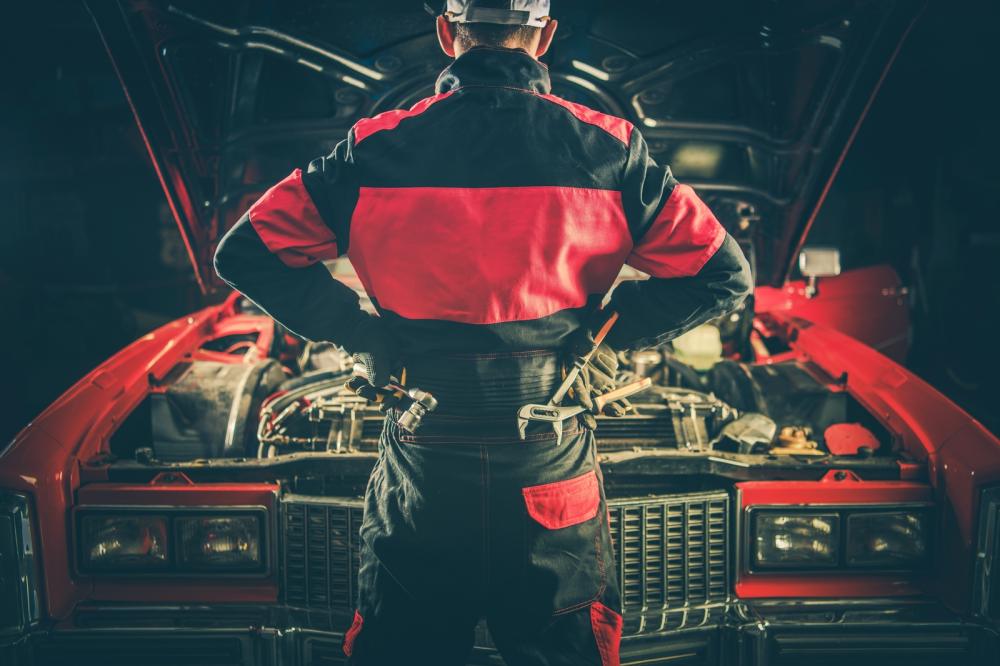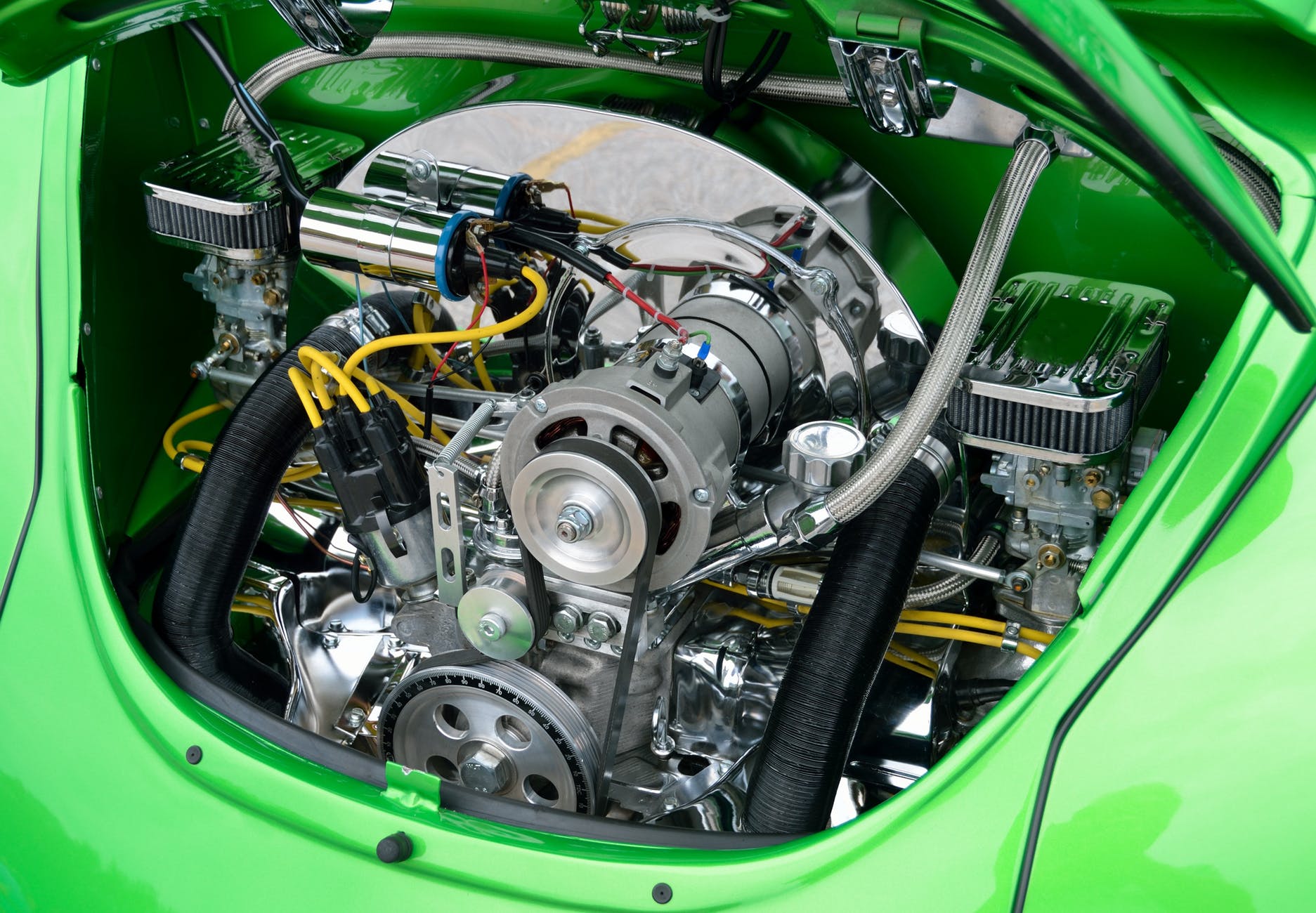Its is a common and acceptable trend for people to lock their classic cars away in specialized garages as winter approaches. Most classic cars are not capable of bearing the extreme cold weather out on the streets. But as the spring season approaches, classic car owners once again take their vintage possessions out on the streets.
Many people don’t realize that the few months their cars spend in hibernation can take a toll on them. But how can a few months of inactivity in specialized storage garages cause damage to the car?
The answer is simple: issues related to fuel and oil will arise if preventative measures aren’t followed. It helps to learn about these problems so your car doesn’t come out of inactivity withered and obsolete. The list below will help you minimize the damage done to your classic car as it waits out the winter season in the safety of a garage.
Turn the Engine off for Good
Most drivers are tempted to keep the engine running, even if they don’t plan on driving it any time soon. Yet experts will tell you that it is ill-advised to let the engine running during hibernation. Even a few minutes can damage the car.
It all comes down to humidity levels. As the engine gets colder, more moisture from air gets deposited in the crankcase. The moisture dilutes the engine oil and renders it ineffective, and this rule applies even if the car was only operational for a fleeting passage of time. It is also possible for carbon monoxide to fill the air over time, which can be deadly to drivers.
The only reason you should turn your engines on during winter is if you plan on driving someplace.
Understand When to Change the Oil
Don’t change your car’s oil just for the sake of it. Some classic car owners change the oil and other fluids because of misplaced notions that stagnant oil is bad for the car’s health. This depends entirely on how you operate the car during winter. If you store the engine properly, then the oil will stay operational as it should.
That being said, there are two reasons why you might want to change the car’s fluids;
- If the engine ran for a few minutes during winter months.
- If you haven’t changed the oil before storing the car.
It is highly recommended to add storage additives before loading fresh oil into the vehicle. These additives will help you get the most out of your car’s fluids and minimize issues due to stagnation.
Learn the Best Practices for Storing Fuels
Your first rule of business when dealing with the classic car is to steer clear from ethanol fuels. Ethanol is a hygroscopic solvent that absorbs moisture from the air, and moisture is never good for your classic car’s highly sensitive engine. Humidity is a common issue with classic cars because their metal fuel tanks are improperly sealed due to degradation over time.
Always opt for ethanol-free fuel if you can get them at a reasonable price.
You can now find classic car parts for a bargain at ENGG.com. Click here for more information.
Want to find rare classic car parts for your vintage automobile? Call us at this number + 1-650-230-8081 or visit our website at engg.com.
You can email at info@engg.com to contact ENGG.




